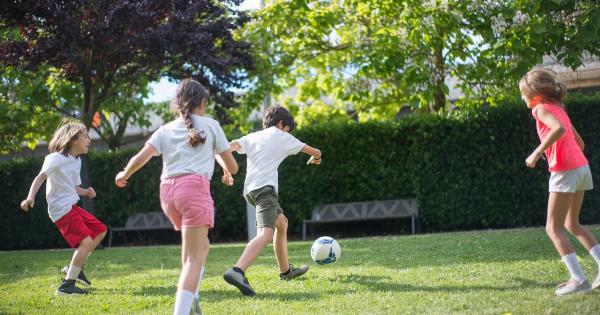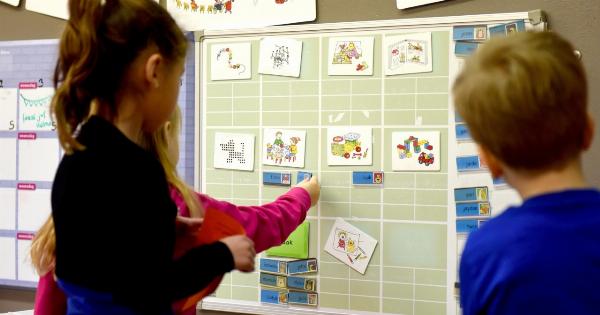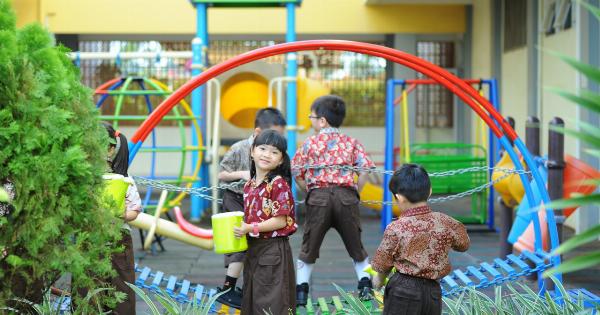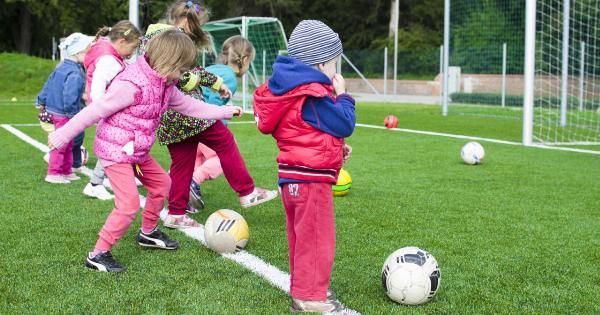Parents, especially those with young children, are often concerned with what their child is doing outside of school hours.
They want their child to be involved in activities that will stimulate their development, promote their interests, and create a path towards a successful future. However, when both parents have different opinions about which activities are best for their child, this can lead to clashes and disagreements.
What Causes the Conflict?
The most common reason for disagreements about extracurricular activities is that each parent has a different idea of what is best for their child.
One parent may prefer sports activities because they promote physical fitness and teamwork, while the other may want their child to focus on academic activities to prepare for future success. Another reason for the conflict is that each parent may have a different idea of how many activities their child should participate in.
One parent may want their child to be involved in multiple activities to ensure a well-rounded experience, while the other may worry that this will lead to burnout, stress, and poor academic performance.
The Importance of Communication
Effective communication is crucial in resolving conflicts between parents regarding their child’s extracurricular activities.
It is important to sit down together and discuss why each parent has their opinion, and what they hope the child will gain from their chosen activities. It is also important to listen to each other’s concerns and to be open-minded about finding a compromise that benefits the child.
Compromising and Finding a Solution
One way to find a solution that satisfies both parents is to compromise.
For instance, if one parent wants their child to be involved in a sport, while the other wants the child to focus on academic activities, they may be able to find a middle ground by finding a sports team that focuses on academics. Or they may agree to have the child participate in both sports and academic activities, but limit the amount of time spent on each to avoid burnout and stress.
It is also important to consider the child’s opinion. Talk to them about what they would like to do, and what activities they enjoy. If possible, allow the child to have a say in what they want to participate in.
This will help them feel more involved in the decision-making process, and they will be more likely to enjoy the activities in the long term.
Working as a Team
It’s important to remember that parents are a team when it comes to their child’s well-being and development. By working together and being open to compromise, they can find a solution that benefits everyone.
This includes supporting each other’s decisions, even if they don’t always agree with them. If one parent allows their child to participate in an activity that the other parent is not happy with, it’s important to trust that the decision was made in the child’s best interest.
Avoiding Conflict in the Future
To avoid future clashes, it’s important to establish clear communication about extracurricular activities early on. Start by discussing your ideas and preferences before enrolling your child in activities.
This will prevent surprises and ensure that both parents are on the same page. It’s also important to be flexible and willing to compromise, as well as always considering the child’s best interests when making decisions.
Conclusion
Parents’ conflicting opinions about their child’s extracurricular activities are common, but they can be resolved peacefully with effective communication, compromise, and teamwork.
By considering each other’s opinions and finding a solution that benefits the child, parents can avoid future conflicts and ensure the best possible outcome for their child’s development and future success.






























